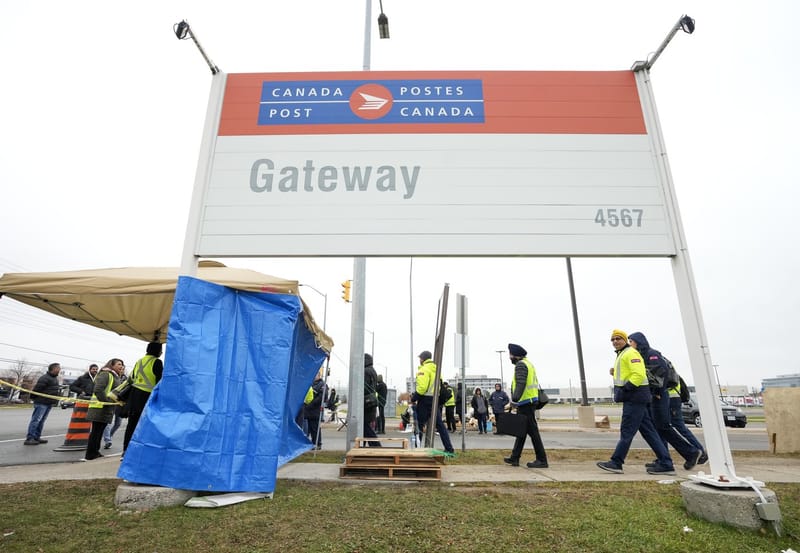Canada needs better security checks for international students, critics say
International students are not required to produce a police certificate when coming to Canada

International students are not currently required to provide police certificates from their home countries before coming to Canada, a policy some critics argue should be revised.
While those applying for permanent residency, citizenship, or the International Experience Canada program (commonly known as the working holiday visa) must submit police certificates, which alert Canadian officials to any criminal history, this requirement doesn't extend to international students.
Canadian visa officers often lack access to police-issued documents when determining whether to admit an international student. However, a spokesperson for Immigration, Refugees, and Citizenship Canada (IRCC) told CBC News that all applications are screened for inadmissibility to ensure the security of Canadians.
The spokesperson explained that immigration officials collaborate with law enforcement agencies like the RCMP to conduct thorough security screenings. This process "may" include criminal background checks or require students to provide biometrics such as fingerprints and photos.
P.E.I. Senator Percy Downe, a former chief of staff to Liberal Prime Minister Jean Chrétien, believes these measures are insufficient. Downe, who advocates for stricter security checks, points to a case where an international student working at a Charlottetown office supply store sexually assaulted a local woman as a reason to strengthen the system.
Downe argues that all international students should be mandated to submit police certificates, ensuring that Canada does not unintentionally admit individuals with criminal records. He believes relying on case-by-case requests for police certificates is inadequate, especially given the high volume of international student applications the IRCC processes.
"We need to ensure that everyone entering the country, regardless of their origin, undergoes some level of security check. We don’t need to import more criminals; we already have enough," Downe told CBC News. He added that it's not just about protecting Canadians, but also safeguarding other international students who deserve a safe environment.
According to IRCC data, the number of international students with active study permits in Canada increased to 1,040,985 in 2023, a 195% jump from the 352,305 students in 2015, when the Liberal government first took office. Although the government announced last fall that it would tighten admissibility rules for international students, the number of study permits rose to 1,073,435 by May 31, 2024.
Despite the government’s recent decision to limit the number of international students, the IRCC still plans to issue approximately 485,000 new study permits for the current academic year and 437,000 for the next.
International students are a significant economic asset, generating hundreds of millions of dollars in tuition fees for Canadian universities and colleges. As such, efforts to curb the number of students have faced resistance from institutions that rely on this influx of students, especially as domestic enrollment declines and provincial funding is cut.
Research from McGill University suggests there is no strong evidence linking immigration to higher crime rates. While international students are not officially classified as immigrants by the federal government, many apply for permanent residency after completing their studies.
A spokesperson for Statistics Canada, which maintains police-reported crime data, noted that the agency does not track the citizenship of individuals involved in criminal activities. However, the Canada Border Services Agency (CBSA) does record data on foreign nationals, including international students, who have been deported due to criminal offenses.
In 2023, 511 individuals received removal orders (commonly known as deportation orders), of which 390 were linked to "serious" criminality, according to CBSA data provided to CBC News. So far in 2024, 568 individuals have been deported, with 418 removed due to serious criminal actions.
These numbers only provide a partial view, as some foreign nationals convicted of crimes may successfully appeal their deportation and remain in Canada.





